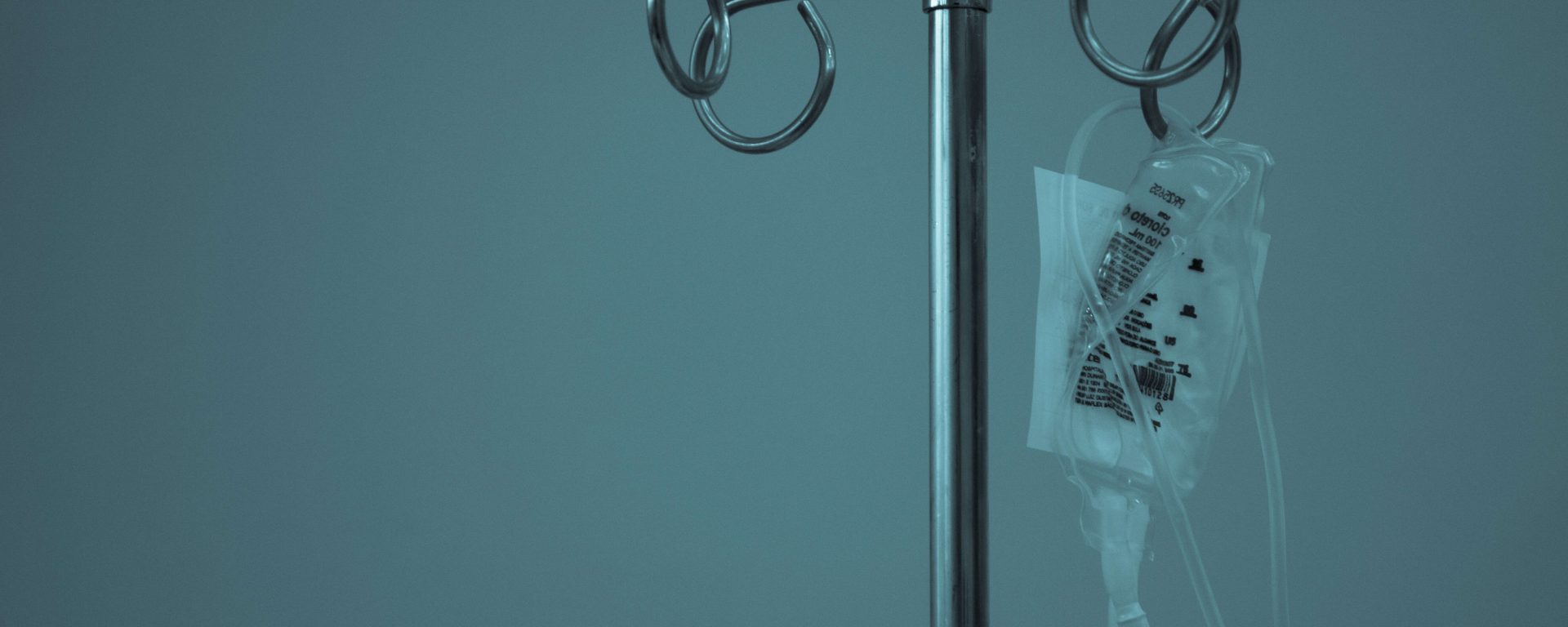Psychiatric mental health nurse practitioners, or PMHNPs, are specialized advanced practice registered nurses (APRNs). To become a PMHNP, like other types of APRNs, students must obtain a concentrated master’s degree and relevant professional experience, on top of a bachelor’s degree and an existing registered nurse (RN) license.
Upon completion of a graduate program, aspiring PMHNPs can become certified by their state, and also take their American Nurses Credentialing Commission (ANCC) Board Certification before becoming a practitioner of psychiatric nursing care. While ANCC certification is not required for practice, it comes highly recommended, because it is the nationally recognized measure of nursing ability. State licensure, on the other hand, is a firm requirement.
If becoming an APRN is on your career trajectory, you might want to consider the mental health field. The PMHNP scope of practice offers autonomy and collaborative opportunities for you to make an impact in patient lives, along with your healthcare teammates. A healthcare team may include various levels of nurses, such as LPNs, RNs, APRNs, as well as doctors, and other types of specialists. Individual PMHNP duties and standards of practice may vary by the work environment and employment state, but today we’ll share a bit about what you can expect within the PMHNP scope of practice. We’ll also review what differentiates the role of the PMHNP.
The Psychiatric Nurse Practitioner Practice
Preventive care is the cornerstone of public health and wellness. The Office of Disease Prevention and Health Promotion endeavors to support access to medical services so that every citizen can live their best life. At any point in the life cycle, any person can experience a mental challenge and require professional psychiatric-mental health help. This is one reason why PMHNP graduate students might find work in a wide variety of environments and with diverse populations: from children to inmates.
PMHNPs might become employed by:
- Veteran’s services
- Private practice, such as through a physician’s office
- Residential or in-patient mental health programs
- Prisons or at-risk youth homes
- Government-funded mental health facilities or public health initiatives
- Pharmaceutical research
- Contracted consulting in psychiatric health for a business or organization
- Home healthcare
- Colleges and/or Universities as professors or clinical providers for students
In any of these settings, PMHNPs draw from coursework on subjects like Pathophysiology, Pharmacology, Physical Assessment, and Neuropsychopharmacology, which prepare students with the clinical skills needed to treat all kinds of patients, within the PMHNP scope of practice. PMHNPs can provide the following services to patients:
- Diagnose and provide treatment for patients experiencing acute and chronic psychiatric issues
- Administer therapy
- Prescribe medications and evaluate psychopharmacologic treatments
- Educate patients and their loved ones about their symptoms and choices for treatment approaches
- Take a holistic approach to condition management
- Provide age-appropriate and culturally sensitive mental health wellness recommendations
- Be an advocate for psychiatric-mental health patients and their families
- Consider and recommend treatments as needed which are beyond the PMHNP scope of practice
PMHNP vs. Psychiatrist Scope of Practice
For some driven mental health professionals, the PMHNP role is a steppingstone toward becoming a psychiatrist. Salary might have something to do with this! As of May 2021, nurse practitioners made a mean wage of $118,040 annually. Nurse practitioners who worked in psychiatric and substance abuse hospitals made a mean wage of $131,830 annually, which is one of the more lucrative environments an NP could choose, according to the Bureau of Labor Statistics (BLS). By nature of their specialization, PMHNPs are one of the best-suited types of NPs for the psychiatric environment. Also in May 2021, the BLS found that psychiatrists made a mean annual wage of $249,760. Those working at psychiatric and substance abuse hospitals made slightly less, or $247,150 annually, and those working at outpatient care centers made more than $299,470 annually. Why is there more than a $100,000 difference between the psychiatric-mental health nurse practitioner’s salary, and that of a psychiatrist? What does the psychiatrist do that is outside of the PMHNP scope of practice?
Psychiatrists must achieve an MD or MO degree. They must pass the Medical College Admission Test (MCAT), and their education includes about 8 years of doctorate education, plus four years of a psychiatric residency, totaling 12 years. While PMHNPs complete 600 hours of hands-on clinical training, their degree can be completed in seven semesters. Even in addition to the total time, it takes to gain a bachelor’s degree first, becoming a psychiatric-mental health nurse practitioner takes a fraction of the time that it takes to achieve an MD or MO degree.
Besides state-mandated doctorate licensure, it is recommended that psychiatrists become certified by the American Board of Psychiatry and Neurology. While psychiatrists work in the same environments as PMHNPs, overwhelmingly, psychiatrists work in private practice. Psychiatrists spend less time working directly with patients on their treatment plans and less time in counseling with patients than PMHNPs do. By and large, PMHNPs enjoy many of the same advanced duties, such as writing prescriptions for patients, as psychiatrists, and don’t have to be on-call for emergencies like doctors must be. One benefit for psychiatrists is total autonomy, as there are no duties that psychiatrists conduct that must be done under supervision. Ethical obligations are paramount for both roles, particularly with the mental health-seeking population.
Learn More about the PMHNP Scope of Practice
To learn more about how a career in psychiatric-mental health nursing could be a good fit for you, get in touch with us at Goodwin University. Explore our program online, or call 800-889-3282 to have your admissions questions and more answered!
Goodwin University is a nonprofit institution of higher education and is accredited by the New England Commission of Higher Education (NECHE), formerly known as the New England Association of Schools and Colleges (NEASC). Goodwin University was founded in 1999, with the goal of serving a diverse student population with career-focused degree programs that lead to strong employment outcomes.

